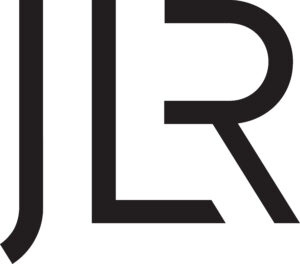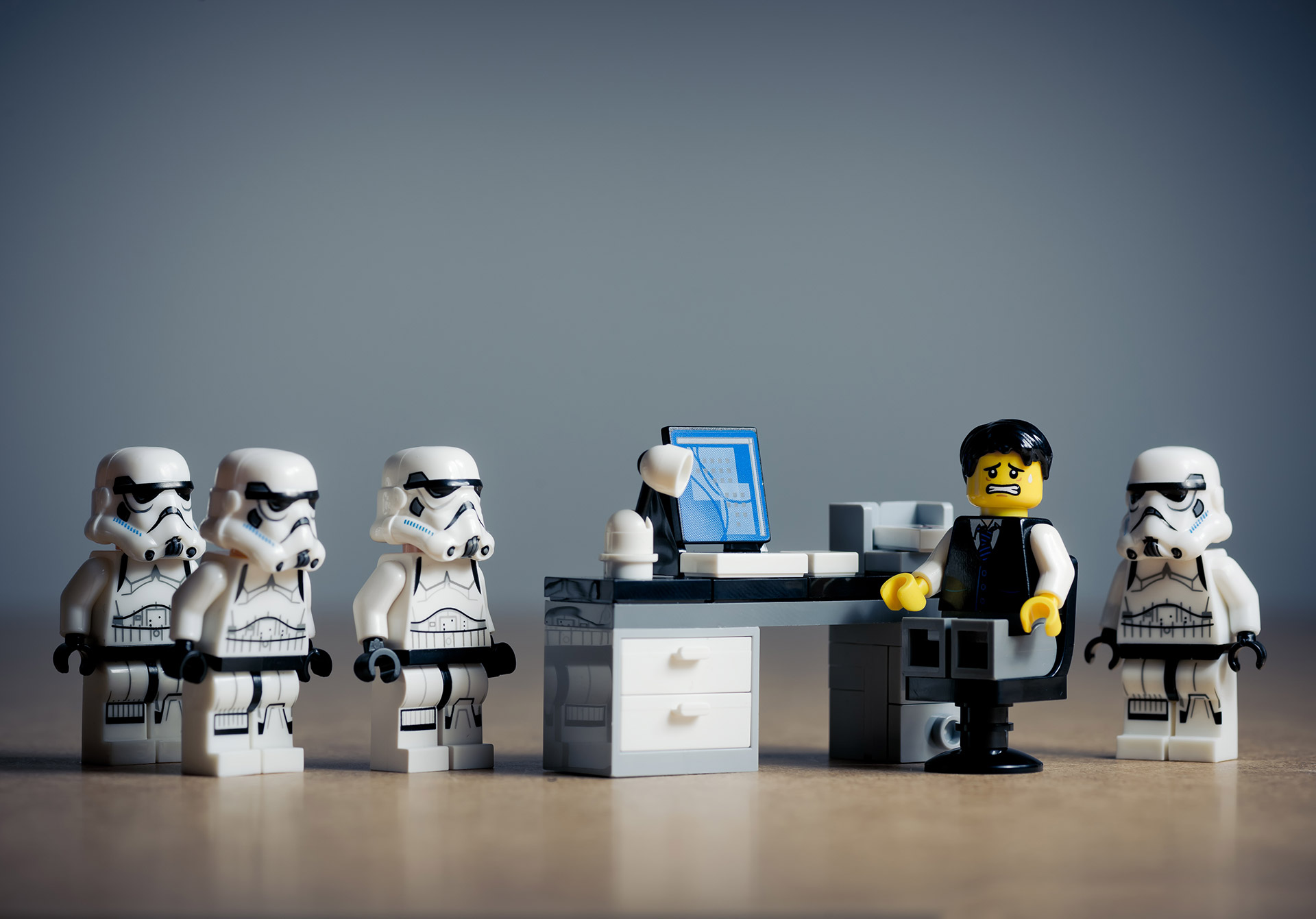Is it really corporate bullying or just bloody good PR?
So, one of the top executives at the investment firm Abrdn has accused the press of ‘corporate bullying’. Why? Because ever since they changed their name three years ago from Standard Life Aberdeen, “childish” jokes are still being made about it.
Examples include this FT article entitled “Lv Abrdn aln!”, City AM’s not so heartfelt front page apology, and our personal favourite, that Abrdn is simply suffering from “irritable vowel syndrome”.
But is this really a form of bullying or are Abrdn simply a victim of their own success? After all, isn’t this onslaught preferable to a rebrand going completely unnoticed? Let’s delve a bit deeper.
What is bullying?
Bullying is about power. It’s unwanted, aggressive behaviour that sees someone picked on repeatedly, because the bully believes they are more powerful than the victim, whether that’s down to size, popularity or having more authority. Bullying takes many forms including physical violence and making disrespectful comments or name-calling.
So, are Abrdn being bullied?
In a word, no. While you could argue comments about Abrdn’s new name could be seen as verbal bullying, the bottom line is bullying happens to people, not corporate entities. It’s about singling someone out as different and using a power imbalance to put them in their place. It also tends to be aggressive and constant, rather than just a few playful, tongue-in-cheek remarks.
If anything, press articles about Abrdn’s name could be construed as being “harassment”, but given a corporate entity cannot be a ‘victim’ of harassment the media would have to be targeting specific employees, or groups of employees, such as the marketing team. And they haven’t been. There is just a general mention of the brand consultancy who came up with the idea, Wolf Olins.
Interestingly, in US law corporations can be considered legal persons, which allows them to own property, enter into contracts and even sue or be sued like an individual. But we’re not in the US, so it’s a moot point.
Maybe the real reason Chief Investment Officer, Peter Branner feels so disgruntled is because the corporate rebranding at the time contributed to that year’s losses, which haven’t been helped by this year’s £150m cost cutting exercise.
Rebrand at your peril
Companies are under no illusion. When they rebrand, they are going to attract publicity, and some of that is going to (hopefully) be good and some is probably going to be negative. In fact, the so-called abuse Abrdn have faced is no worse (or better) than some other famous examples.
Remember when Guinness and Grand Metropolitan merged to create Diageo back in 1997? The FT asked whether the new name was “an Italian footballer or a cure for colic”. Well, it hasn’t done Diageo any harm with them posting profits of $3.3 billion last year. This was also a Wolf Olins creation.
Or what about Jaguar Land Rover, which rebranded to JLR in 2023 to help accelerate its modern luxury vision.

The new logo garnered extensive ridicule:
“Terrible. Jaguar is about style and flair, not modernistic art deco.”
“Nice for a firm of accountants..”.
“It looks so generic. Almost like the name of an aftershave you see at duty-free.”
And then we have the notorious 2012 London Olympics logo, which was yet again designed by Wolf Olins (what a coincidence!). Putting aside the comments about it looking like a design project from the 1980s and failing to give any sense of the games themselves, maybe the more damning comments revolved around the fact the logo seemed to have the word “Zion” hidden in the text, or that it resembled (and sorry, you won’t ever be able to ever unsee this) Lisa from The Simpsons pleasuring a man! We did warn you.
So, the question is what’s more damaging? People taking the mickey out of your logo because of the lack of vowels, or your logo being branded as racist and NSFW. We know which we’d choose.
Could so-called ‘corporate bullying’ ever be a good thing?
Forgive us for being a wee bit cynical, but would this interview by Peter Branner, really have received so much attention if he hadn’t mentioned the issue with the name? After all, the article originally appeared in the trade publication Financial News, but a quick Google search reveals the interview is now being reported in The Telegraph, The Guardian and The Times, to name but a few. Would Peter’s interview really have received so much coverage if he hadn’t accused the media of “corporate bullying”, thus igniting the issue all over again. Or to put it another way, is this a prime example of “all PR is good PR”?
And you can’t convince us that nobody in any of the design meetings didn’t raise the issue of people balking at the lack of vowels, especially given Wolf OIins reputation for courting controversy. Aside from the London 2012 Olympics logo, they were also responsible for the BT piper logo, which consumers just felt represented the company “blowing its own trumpet”, and for attempting to rebrand PwC to Monday in 2002, which pretty much only lasted until the following Tuesday.
The bottom line is any company hiring Wolf Olins would be well aware of past controversy, but then, maybe that’s part of the attraction. After all, a brand creating noise, even if it is negative, is still creating noise, which means just one thing – a bit of a profile boost. And, let’s face it, it’s always better to be seen than totally forgotten.
So, while Peter Branner might argue the media is guilty of corporate bullying, we would quibble and say, if it’s not damaging your brand, it’s a great way of staying in the public eye. And, dare we say, it’s also a great way of deflecting the attention away from other issues the company may be having. Or is that just us being a touch too cynical?
